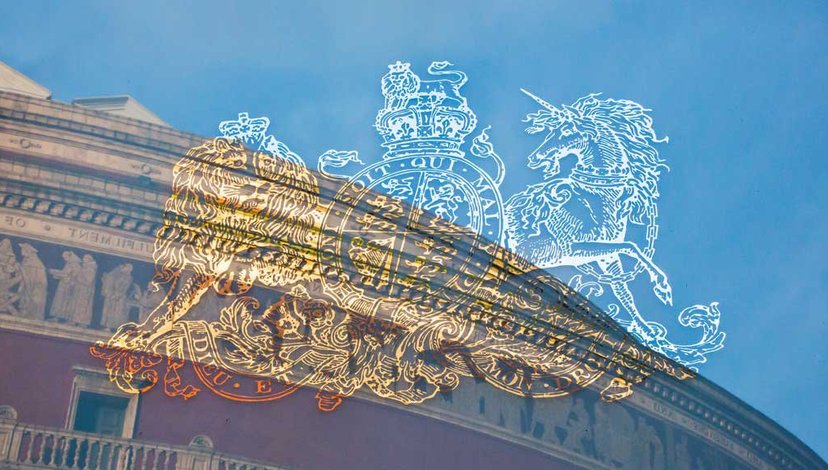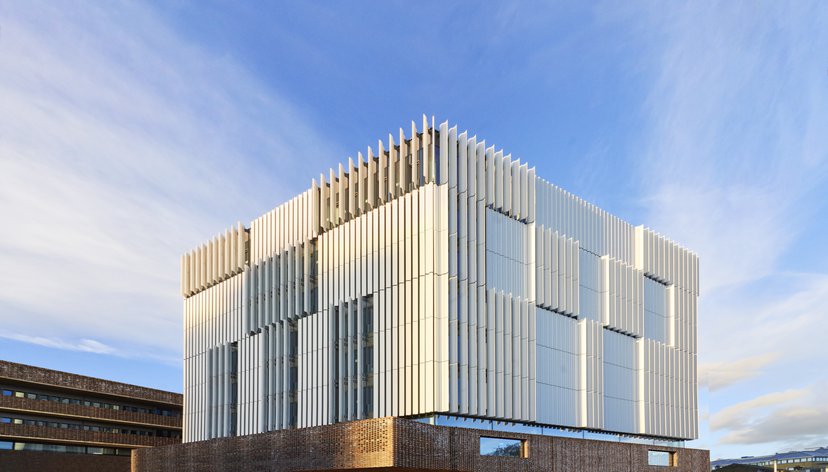The Council
Jump to
The Council is the governing body of the Royal College of Art. The membership is made up principally of independent (non-College) members and includes a number of staff and students.

Membership
Ex Officio
Chair and Pro-Chancellor, Sir Peter Bazalgette (from 1 January 2022 to 31 December 2025)
The President and Vice-Chancellor, Professor Christoph Lindner (from April 2024–)
The Chief Financial Officer, Amanda White (from 1 November 2021–)
President of the Students' Union, Kimberley Burrows (from 1 August 2023 to 31 July 2024)
Independent Members
Michael Birshan (from 1 April 2018 to 31 March 2027)
Suzy Black (from 1 April 2024-31 March 2027)
Mary Boakye (from 8 December 2023 to 7 December 2026)
Professor Hugh Brady (from 1 December 2022 to 30 November 2025)
Professor Rachel Cooper OBE (1 April 2016 to 31 March 2025)
Mike Forster (from 1 March 2017 to 28 February 2026)
John Gibbs (from 23 November 2022 to 22 November 2025)
Dr Tristram Hunt (from 1 March 2017 to 28 February 2026)
Dr Anne-Marie Imafidon MBE (from 1 April 2019 to 31 March 2025)
Alan Leibowitz (from 1 March 2015 to 30 November 2024)
Sudhir Singh (15 June 2020 to 14 June 2026)
Fields Wicker-Miurin OBE (from 25 March 2021 to 31 December 2025)
Ed Williams (from 1 February 2016 to 31 January 2025)
Staff Members Appointed by the Senate
Kerry Curtis (from 1 August 2022 to 31 July 2025)
Rama Gheerawo (from 30 October 2019 until 31 July 2025)
Professor Ken Neil (from 1 August 2022 to 31 July 2025)
Dr Anne Toomey (from 1 August 2022 to 31 July 2025)
Student Member
Thomas Cury (from 1 August 2023 to 31 July 2024)
In Attendance
College Secretary, Zioge Smith
Chief Operating Officer, Heather Akif
Governance Officer, Lucy Quarry
Council Statement of Primary Responsibilities
- To approve the mission and strategic vision of the College, the Strategic Plan (including long-term academic and business plans and key performance indicators), and to ensure that these meet the interests of stakeholders
- To ensure that processes are in place to monitor and evaluate the performance and effectiveness of the College against the Strategic Plan and approved key performance indicators, which should be – where possible and appropriate – benchmarked against other comparable institutions
- To delegate authority to the President and Vice-Chancellor, as chief executive, for the academic, corporate, financial, estate and human resource management of the institution within the terms of the Strategic Plan and the budget as agreed by Council. And to establish and keep under regular review the policies, procedures and limits within such management functions as shall be undertaken by and under the authority of the President and Vice-Chancellor
- To ensure the establishment and monitoring of systems of control and accountability, including financial and operational controls and risk assessment and procedures for handling internal grievances and for managing conflicts of interest
- To establish processes to monitor and evaluate the performance and effectiveness of the Council itself
- To conduct its business in accordance with best practice in HE corporate governance and with the principles of public life drawn up by the Committee on Standards in Public Life
- To safeguard and promote the good name and values of the College
- To appoint and to remove the President and Vice-Chancellor as chief executive, and to put in place suitable arrangements for monitoring his/her performance
- To appoint and to remove the Chancellor, the Pro-Chancellor and Chair of Council, the President and Vice-Chair of Council, and other senior appointments as determined by Council currently and in the future
- To appoint and to remove a secretary to the Council and to ensure that, if the person appointed has managerial responsibilities in the institution, there is an appropriate separation in the lines of accountability
- To be the employing authority for all staff in the institution and to be responsible for oversight of the human resources strategy
- To be the principal financial and business authority of the College, to ensure compliance with the OfS Memorandum, that proper books of account are kept, to approve the annual budget and financial statements, and to have overall responsibility for the College’s assets, property and estate
- To be the College’s legal authority and, as such, to ensure that systems are in place for meeting all the College’s legal obligations, including those arising from contracts, legal commitments made in the College’s name and legal obligations in relation to charity law, equality and diversity and health and safety
- To receive assurance that adequate provision has been made to uphold the quality of the student experience
- To receive assurance that academic governance is effective
- To act as trustee for any property, legacy, endowment, bequest or gift in support of the work and welfare of the College
- To ensure that the Students’ Union operates in a fair, democratic, accountable and financially sustainable manner
- To ensure that the College’s Charter, Statues and Ordinances are followed at all times and that appropriate advice is available to enable this to happen.
Approvals
Council approves the Financial Regulations Scheme of Financial Delegation, Gift Acceptance Policy, Strategic Plan, Five Year Financial Plan, Annual Accounts.
Quorum
As prescribed by the Statutes, a quorum at a meeting of the Council is one-third of the total number of members of which a majority of those present (in person or by virtual means) shall be Independent Members.
Dates
The Council meets four times a year.
Upcoming meetings:
- 27 November 2024
- 26 March 2025
- 16 July 2025


